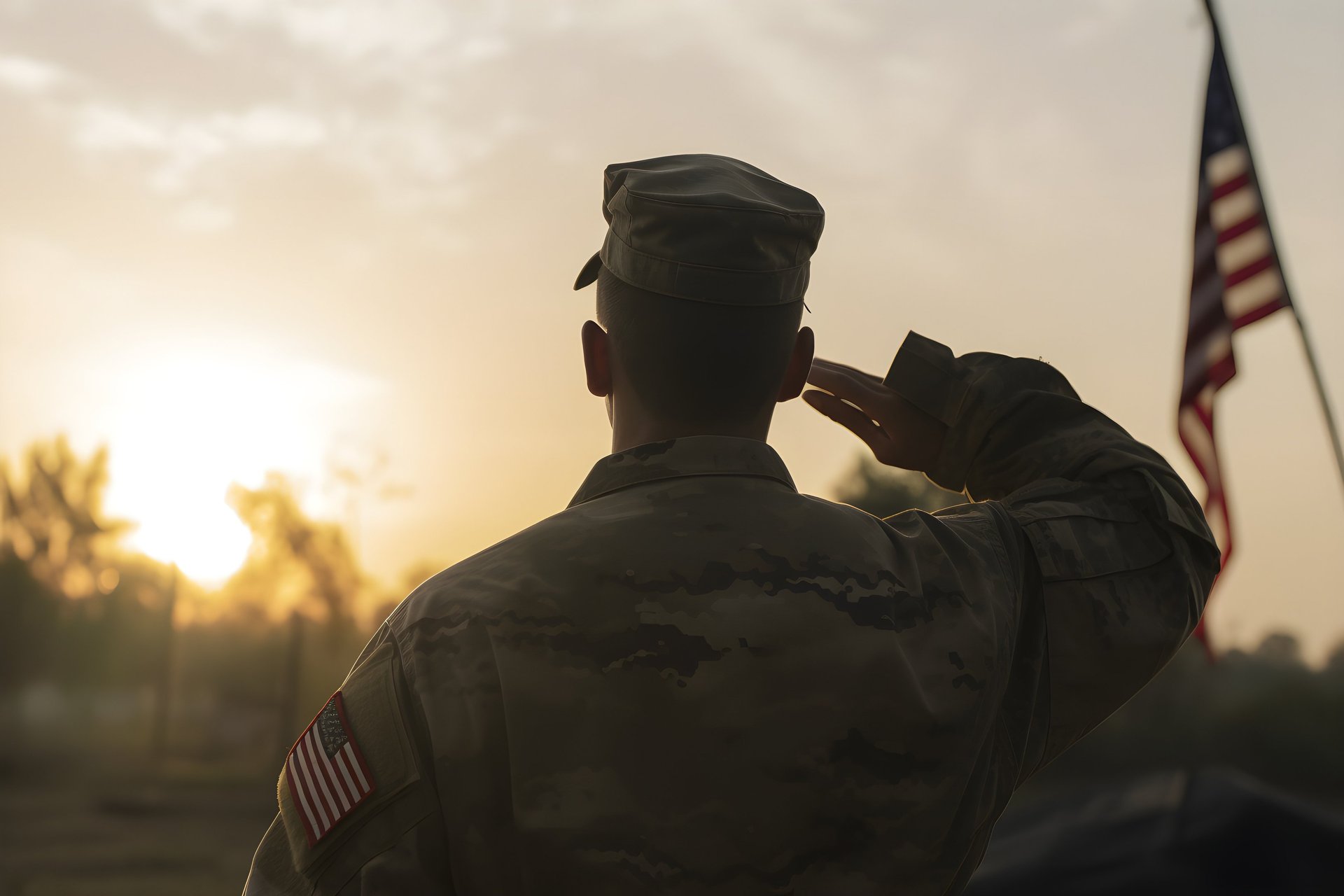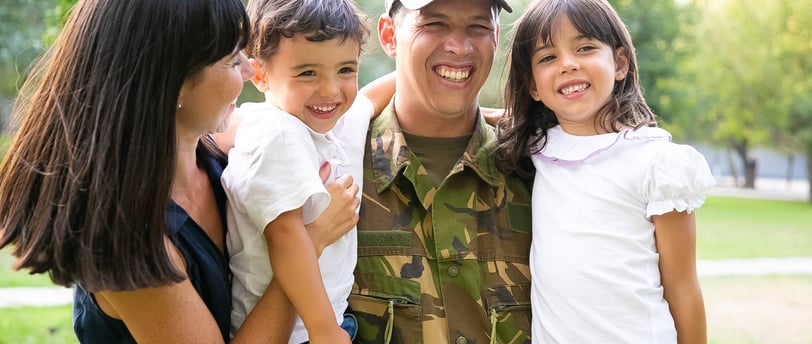
Strengthening Bonds: How Families Can Support Veterans Through Transition and Beyond
9/1/20242 min read


Transitioning from military to civilian life can be a challenging experience for veterans, often marked by adjustments to new routines, changes in identity, and sometimes even shifts in family dynamics. Families play a vital role in providing support during this transition and fostering a sense of stability and connection that can make a world of difference. Here’s how families can help veterans navigate the path back to civilian life and beyond:
1. Creating Open Communication Channels
Open and honest communication is essential for understanding what the veteran may be experiencing. Listening without judgment and encouraging veterans to express their feelings can help them feel supported and understood. It’s important to recognize that many veterans may find it hard to articulate the complex emotions tied to their service, so patience and empathy are key.
2. Encouraging Community and Peer Connections
Veterans often find comfort in connecting with others who have shared similar experiences. Families can encourage participation in veterans' support groups or community organizations, such as local chapters of veterans' service organizations. These peer connections offer veterans a sense of camaraderie and belonging, which can be especially grounding during times of transition.
3. Assisting with Access to Resources
Navigating benefits and accessing resources like healthcare, mental health support, and educational opportunities can be overwhelming. Family members can help by researching available veteran resources, assisting with paperwork, and understanding what benefits the veteran is entitled to. Organizations such as the Department of Veterans Affairs (VA) and nonprofits dedicated to veterans' support often have programs designed to ease this transition, including counseling, career services, and healthcare.
4. Promoting Healthy Routines and Self-Care
The structured lifestyle in the military can make the shift to a less-regimented civilian life disorienting. Families can help veterans establish new routines that promote well-being, such as regular physical activity, healthy eating, and mindfulness practices. Encouraging activities that reduce stress and promote a sense of purpose, like volunteer work or hobbies, can also help veterans build resilience.
5. Being Mindful of Mental Health Needs
Many veterans face mental health challenges, such as post-traumatic stress disorder (PTSD) or depression, which can be exacerbated by the transition to civilian life. Families should stay informed about mental health and encourage veterans to seek professional support when needed. Expressing support and eliminating stigma around mental health can create an environment where veterans feel comfortable seeking help.
6. Celebrating Achievements, Big and Small
Adjusting to civilian life is a journey with ups and downs, and every achievement along the way—whether it’s completing a course, securing a job, or finding a new hobby—deserves celebration. Recognizing these milestones fosters a positive mindset and reinforces a sense of accomplishment, helping veterans feel valued and supported in their new lives.
Final Thoughts
The transition back to civilian life is a journey not only for veterans but for their families as well. By fostering open communication, supporting connections, promoting self-care, and offering practical assistance, families can play a crucial role in helping veterans adjust to and thrive in their civilian lives. This support builds a foundation of resilience and strength, reminding veterans they are not alone in their journey.
If you’re a family member of a veteran and looking for more resources or support, consider reaching out to organizations like the VA, the American Legion, or veteran-specific mental health resources, which provide information and tools tailored to support families and veterans alike.

Headquarters:
980 9th Street, #780, Sacramento, CA 95814
916-604-8067
info@legacyveterans.org


Los Angeles Office
1100 Glendon Ave, #580, Los Angeles, CA 90024
213-260-1719
Houston Office:
11757 Katy Fwy, #990, Houston, TX 77079
713-832-1350
